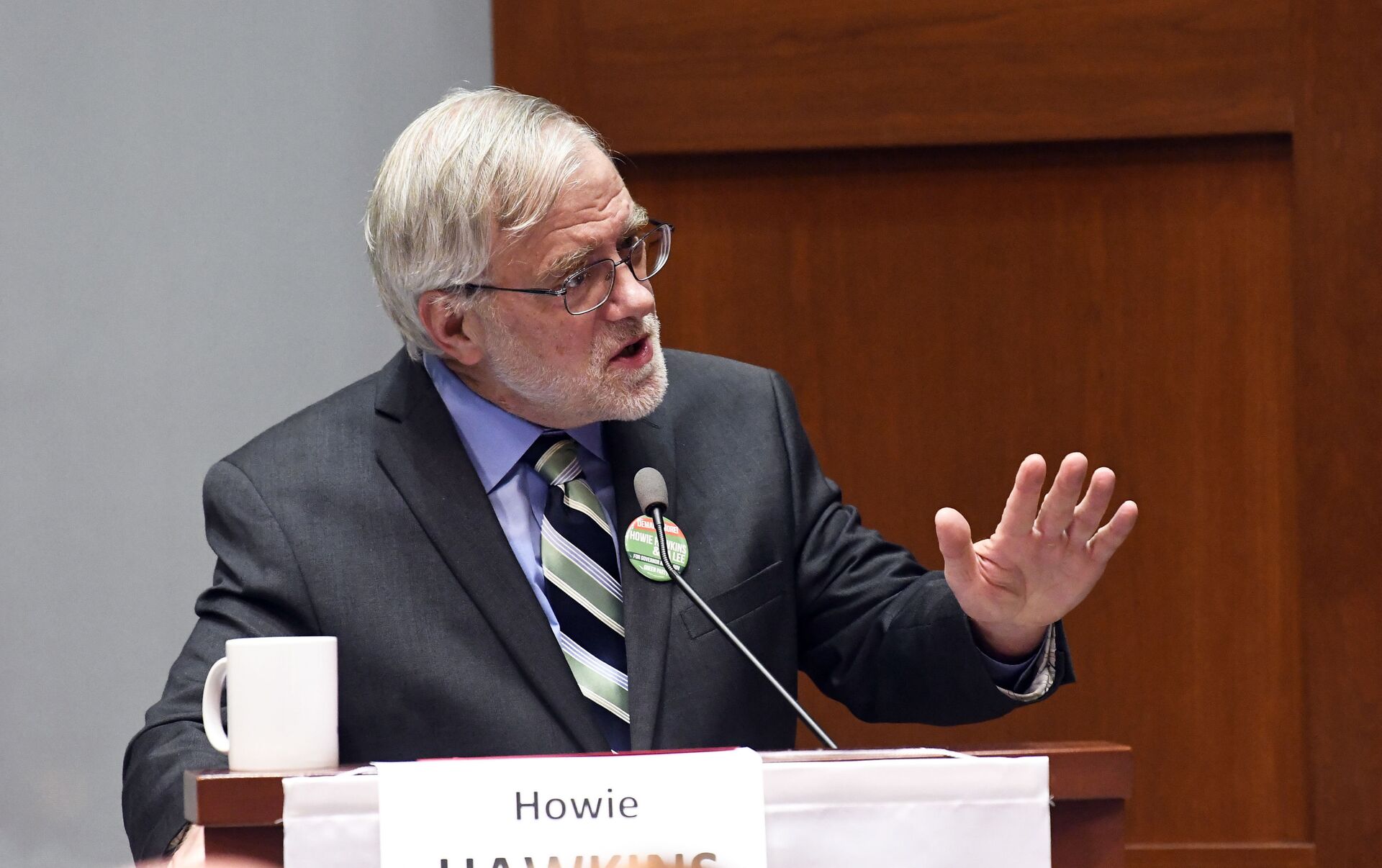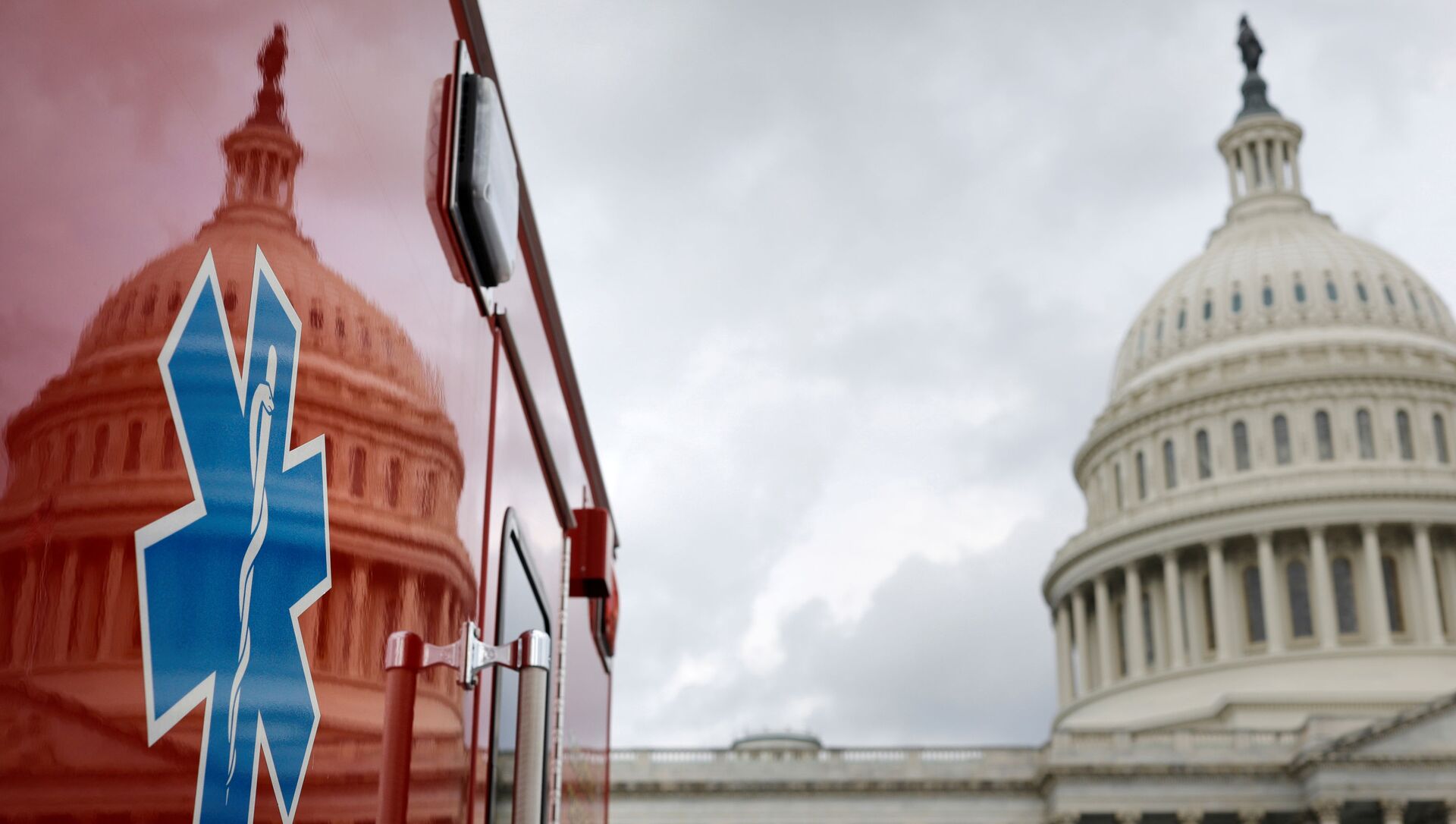Howie Hawkins, the co-founder of the US’ Green Party, recently acknowledged that while the passage of the H.R.1 bill would help to secure voting rights for Americans, the Democrat-backed measure would ultimately cause serious troubles for any third party campaign that seeks to compete in a race.
“This is a very comprehensive piece of legislation,” Hawkins, who also served as the Green Party’s candidate for the 2020 presidential election, told Radio Sputnik’s Fault Lines on Monday of the hotly-debated measure. “It’s vital that the bill pass, but the problem is that within it there is a public funding program - a matching funds program - that’s accessible to major parties, but not the Green Party or third parties because the thresholds are so high.”
Thresholds highlighted by Hawkins state that in order for a third party candidate to be eligible for a public funding program, the campaign must first raise $25,000 in each of 20 states, a sharp hike from the previous amount of $5,000.
The measure will also eliminate caps on donations and expenditures a candidate can receive, while increasing the amount national party committees can make to contenders to a whopping $100 million, among other setbacks.

“The problem for the third parties in this bill is that the public funding program it sets up is beyond the reach of third parties,” Hawkins told hosts Jamarl Thomas and Shane Stranahan. “So, it’s going to be adding public money to major party candidates without limiting how much private money gets thrown into the system.”
“It’s a reform that doesn’t really reform,” he noted.
Hawkers further stressed that the measure effectively “increases the difference between the better funded candidates and the lower funded candidates, which is not a way of leveling the playing field.”
Asked whether congressional lawmakers were knowingly implementing laws to hinder efforts by third party campaigns, Hawkins highlighted the recent case in which Gov. Andrew Cuomo (D-NY) included a stipulation in a budget bill that required candidates to gather 45,000 petition signatures in order to get on the ballot. Candidates also need to maintain their presence on ballots by garnering at least 130,000 votes in past presidential or gubernatorial elections.
“I think it depends on the person involved in crafting the legislation,” Hawkins told Thomas, before noting the New York case “was very deliberate.” He acknowledged that while some lawmakers “don’t even know what the hell they're doing,” the same cannot be said for others.
The Green Party co-founder urged both Thomas and Stranahan that in order for a level-playing field to be had, a bill needs to be signed into law that allows for a rank-choice popular voting system. That way, Hawkins said, Americans could vote freely without feeling pressured to vote for the major political parties.

